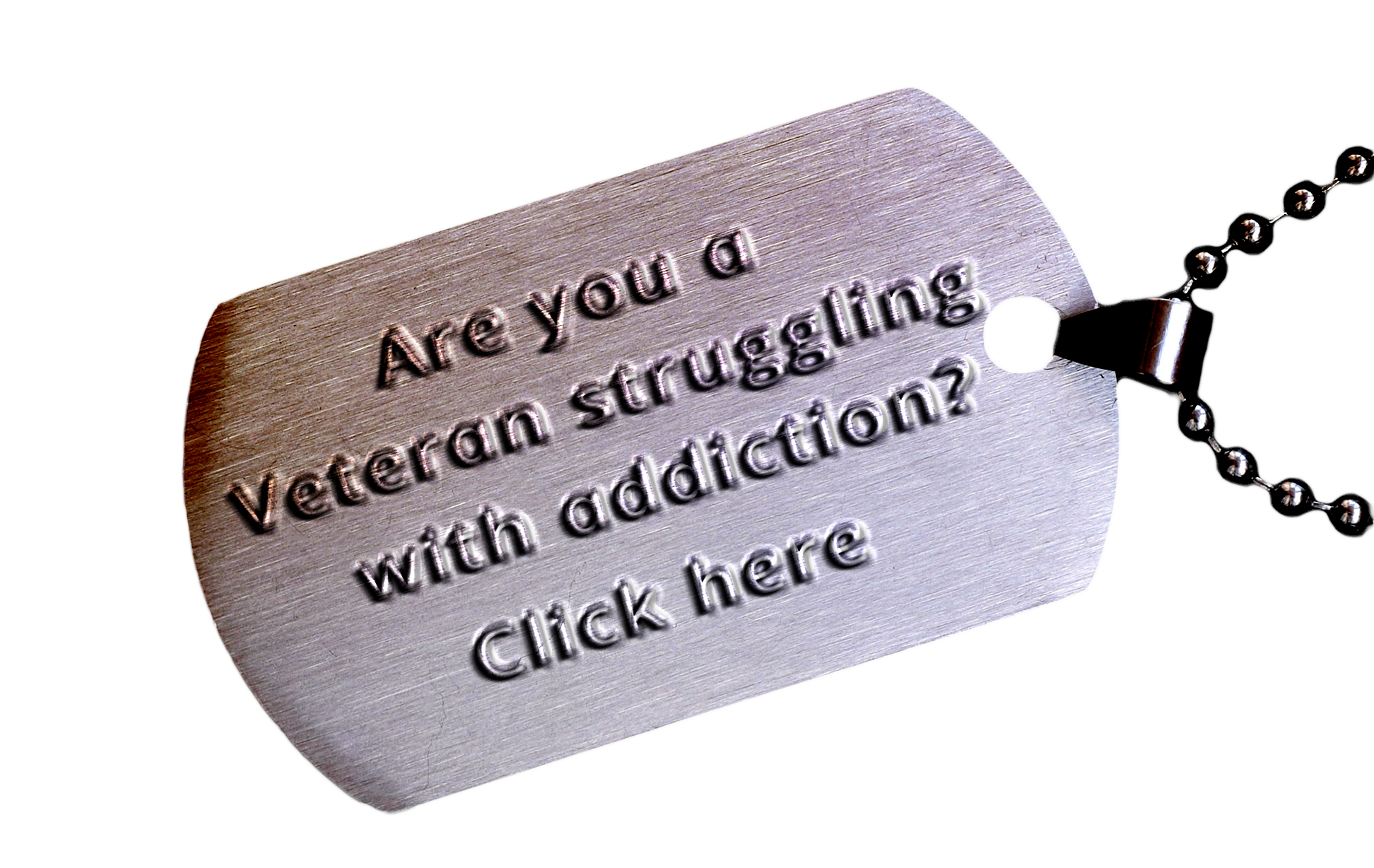In this article, we'll explore the world of drug addiction from the inside and discuss some of the most common signs and symptoms to watch out for.
From prescription drug abuse to mental health disorders, we'll cover it all. Whether you're worried about a loved one, you are on this challenging journey alone, or you just want to learn more about this important topic, we've got you covered.
Statistics
What Is Drug Addiction?
Drug addiction, also known as substance use disorder, is a severe issue that affects a person's brain and behavior detrimentally. It's a type of substance abuse where individuals compulsively seek and use drugs, despite the negative consequences that come with it.
This can include illegal drugs like cocaine and heroin or prescription drugs that are misused or abused.
That's why it's crucial to seek help immediately if you or someone you know is struggling with drug addiction. With the right support and treatment, recovery is more than possible.
Physical Signs and Symptoms of Drug Addiction
However, if you notice any of these signs in someone you know, it's essential to seek help and support from a healthcare professional or addiction specialist immediately.
Psychological and Behavioral Symptoms of Drug Addiction
Behavioral symptoms of drug addiction
A person who abuses drugs becomes more withdrawn and usually avoids social situations that once seemed enjoyable. They may also begin to spend more time alone or with a new group of mates who share their addiction.
An addicted individual may begin to neglect their duties at work, school, or home. They may have difficulty completing tasks or meeting deadlines. They might also show lack of concern for personal hygiene.
Addicted individuals may engage in risky behaviors, such as driving under the influence or having unprotected sex.
Psychological symptoms of drug addiction
Addicted individuals may experience extreme mood swings, from euphoria to depression.
Drug addiction can also cause anxiety and paranoia, particularly in individuals who use stimulants like cocaine or methamphetamine.
Addiction can also cause depression, particularly when an individual cannot access their substance.
Prolonged drug use can cause memory and cognitive problems, making it difficult for an individual to concentrate, learn new information, or make decisions.
Addicted individuals may become easily irritable and aggressive, particularly when they cannot access their substance.
Other Signs of Drug Abuse
Drug addiction can be expensive, especially if someone experiences cocaine or heroin abuse. Drug addicts frequently struggle with financial problems as they prioritize their addiction over other expenses.
Drug addiction can also lead to legal problems, such as arrests for drug possession or driving under the influence.
Signs of Drug Addiction in Different Types of Drugs
Drug Addiction: Risk Factors
People who struggle with conditions like anxiety, depression, post-traumatic stress disorder, or other disorders are more vulnerable to addiction, as they may turn to drugs as a way to self-medicate and alleviate their symptoms.
People who start using drugs at a young age are more likely to become addicted than those who start later.
When people feel pressured to fit in with a certain social group, they may be more likely to experiment with drugs and develop an addiction. This is especially true for teenagers, who are often more susceptible to peer pressure than adults.
Abusing drugs such as opioids or cocaine, which are highly addictive, is also a major risk factor for addiction. These extremely potent drugs can quickly lead to physical and psychological dependence, even after just one use.
Addiction can run in families. Based on genes, people who have a parent or sibling with a history of addiction are more likely to develop an addiction themselves.
A Path to Lasting Recovery: Miracles Asia's Effective Drug Addiction Treatment
If you or your nearest and dearest are struggling with drug addiction, you should immediately seek help from professional healthcare providers. Here is where Miracles Asia is number one.
Miracles Asia is Thailand's leading addiction treatment and mental wellness center with a proven track record in helping individuals overcome drug addiction.
The center's holistic approach combines evidence-based therapies, personalized treatment plans, a supportive community, and unique surroundings to provide the best possible chance of lasting recovery.
Professional healthcare providers will tailor treatment plans to meet each person's unique needs. This approach has contributed to the rehab's highest success rate in Asia, with plenty of individuals achieving long-term sobriety and improved mental health.
For those seeking a path to lasting recovery from drug addiction, Miracles Asia provides a safe, supportive, and effective environment to help them achieve their goals.





